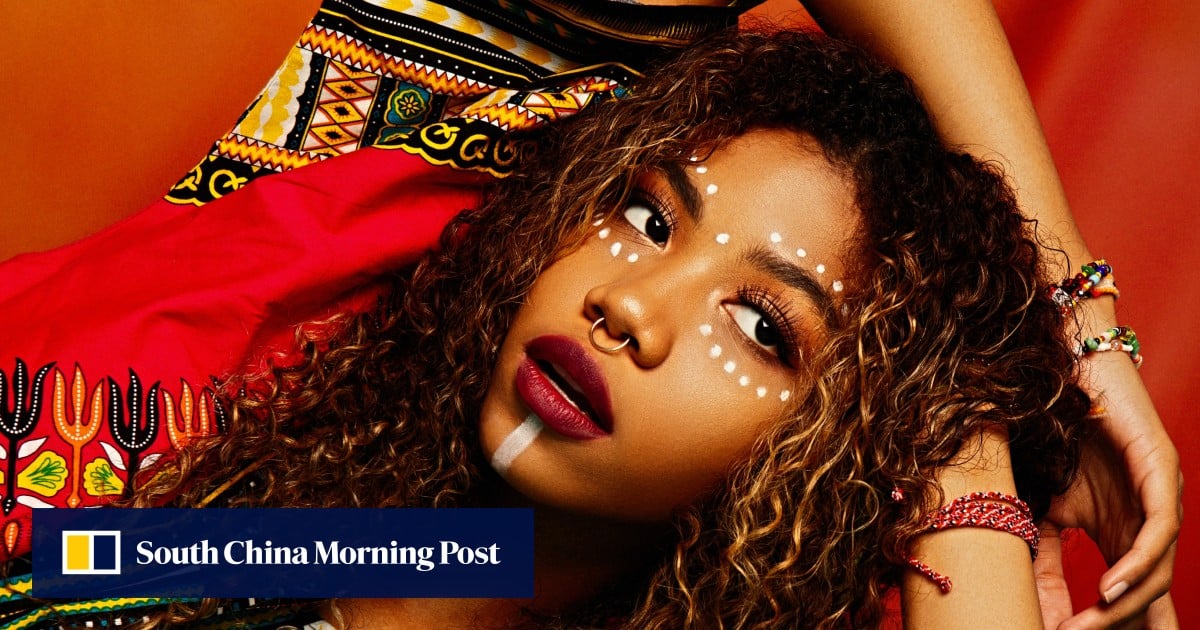“It’s very difficult for a dark-skinned person like me to have the opportunity to be placed in a good role,” says Zsazsa. “Usually, I just get a lot of ridiculous role offers just to be laughed at.
Indonesia is ethnically diverse, with around 1,300 ethnic groups spread across the island nation.
These ideals include a reverence for white skin, straight hair and slim body types, and often leave women of colour like Zsazsa feeling left out.
Zsazsa played a Papuan native (Papua being a province of Indonesia on the island of New Guinea) in Imperfect, a film highlighting body positivity that was a 2019 box office hit, and in a spin-off television series.
After Imperfect, Zsazsa started to get more scripts, but feels that what she is being offered is very samey.
“When it comes to Indonesian productions, if you play one character, that sticks with you. So that part of the industry is quite sad, because I’m not getting any change as far as character [goes]. But I’m still very much enjoying the journey.”
Zsazsa endured her fair share of bullying while growing up, and dreaded going outside because of the stares and lingering looks she would receive. Nowadays, she is much more confident about who she is and what she has to offer the world.
“As time passed, I learned to accept myself, focused on building myself and embraced my uniqueness,” she says. “Ever since, people have accepted me, appreciated me and said positive things about me.
“I’m grateful that the discrimination I’ve experienced has lessened, because young Indonesians now think a lot more progressively and we are quite supportive of each other.”
One of her goals is to enter the beauty industry and create a hair-care line for those with curly and Afro-textured hair. Zsazsa is a fan of American “natural hair” brands such as Shea Moisture and wishes there were similar products in her home country.
“Many Indonesian people ask me about my hair, especially Papuan people who always ask, ‘How do you maintain your hair?’ or things of that nature. And I was thinking maybe I should really start a hair-care line.”
Zsazsa’s latest role is in big-budget Indonesian superhero film Satria Dewa: Gatotkaca, released in early June. Although she says her dream of filming a fight scene did not happen, she was happy to play her character, Quinn, who she describes as “passionate and unstoppable”.
As her journey continues, Zsazsa remains focused on helping drive change for women of colour and on showing the country that they are worthy of taking on meaningful roles.
“In the future, I hope that Indonesia’s entertainment industry opens [its] eyes to this, especially the film producers. Everyone has the right to feel represented in acting,” she says.
